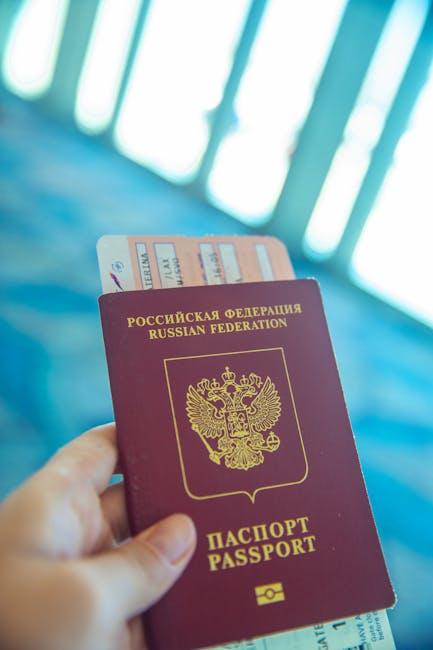In the digital age, where connections are often just a swipe away, dating apps have revolutionized the way people find love and companionship. Yet, amidst the promise of romance lies a pressing question: Should users be required to verify their identity before diving into the world of virtual matchmaking? As tales of catfishing and online deception abound, the debate over identity verification gains momentum, balancing safety concerns with privacy rights. This article delves into the complexities of this issue, exploring the potential benefits and drawbacks of ensuring users are who they claim to be, and what it means for the future of digital dating.
Balancing Privacy and Safety in Digital Dating
In the world of digital dating, the tension between ensuring user safety and maintaining personal privacy is a pressing concern. Requiring identity verification can significantly enhance security by reducing the risk of encountering fake profiles, catfishers, or potential scammers. This verification process might include uploading a government-issued ID or linking a social media account, providing a layer of accountability that can foster trust among users. However, this approach also raises questions about data security and personal information exposure.
On the other hand, maintaining anonymity is crucial for many users who prefer to explore dating apps discreetly. Concerns include:
- The potential misuse of sensitive information
- Fear of data breaches
- Loss of control over personal data
Striking the right balance requires innovative solutions that respect user privacy while enhancing safety measures. Options such as encrypted verification processes or third-party identity checks might offer a middle ground, ensuring that digital dating remains both secure and respectful of individual privacy.

The Impact of Identity Verification on User Experience
Identity verification can significantly shape the way users interact with dating apps. On one hand, it fosters a sense of security, ensuring that individuals are engaging with genuine profiles. This can lead to increased trust among users, potentially enhancing communication and reducing the likelihood of catfishing. Moreover, it helps in maintaining a respectful environment by holding users accountable for their actions.
However, the requirement for identity verification might introduce certain challenges. Users could feel that their privacy is compromised, deterring some from joining or remaining active on the platform. This could particularly affect those who are concerned about data security or who prefer to explore dating apps anonymously. Additionally, the verification process might add an extra layer of complexity, possibly leading to frustration and reduced engagement for those seeking quick and effortless interactions.
- Pros: Enhanced security, increased trust, accountability
- Cons: Privacy concerns, potential deterrent, added complexity

Navigating Legal and Ethical Considerations
Balancing privacy and security in the realm of online dating presents a myriad of legal and ethical challenges. Identity verification could potentially reduce fraudulent activities, ensuring a safer environment for users. However, this also raises concerns about data privacy and the risk of sensitive information breaches. Implementing verification processes might lead to unintended consequences, such as exclusion of users who value anonymity due to personal safety concerns.
From a legal perspective, platforms must navigate data protection laws like the GDPR or CCPA, ensuring compliance while fostering trust among users. Ethical considerations involve maintaining user autonomy and respecting diverse perspectives on identity and privacy. Key points to consider include:
- User Consent: Ensuring clear and informed consent for any data collected.
- Data Security: Implementing robust measures to protect user information.
- Inclusivity: Providing alternatives for those unable or unwilling to verify their identity.
Ultimately, the decision to require identity verification involves weighing these factors carefully to enhance safety without compromising user rights.

Recommendations for Implementing Identity Checks in Dating Apps
Implementing identity checks in dating apps requires a careful balance between security and user privacy. Here are some key recommendations for effectively incorporating these checks:
- Transparency and Consent: Clearly inform users about the identity verification process, its purpose, and how their data will be used and protected. Obtain explicit consent before proceeding.
- Non-Intrusive Verification Methods: Utilize methods like email or phone number verification, or third-party authentication services, which are less intrusive but still effective in confirming user identity.
- Data Security: Implement robust encryption and data protection measures to ensure user information is kept secure and confidential.
- User Control: Allow users to choose the level of identity verification they are comfortable with, while clearly outlining the benefits of higher verification levels.
- Regular Updates: Continuously update and improve verification processes to adapt to new security challenges and user feedback.
By following these recommendations, dating apps can enhance user trust and safety without compromising personal privacy.



